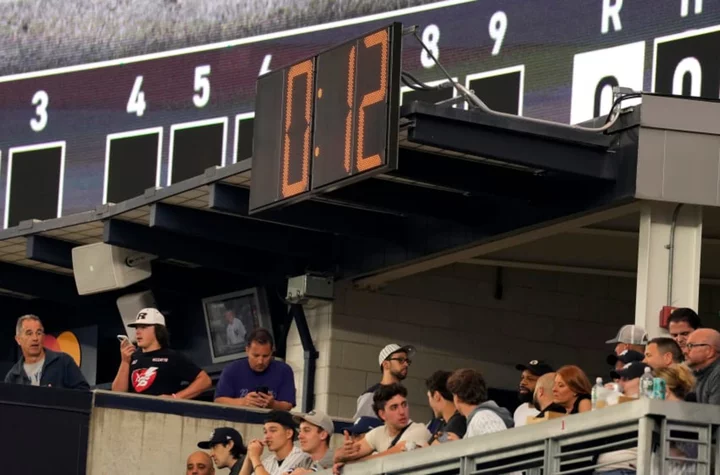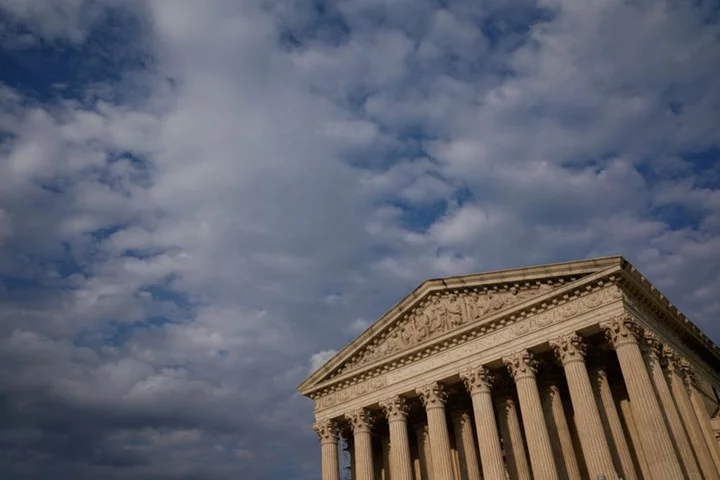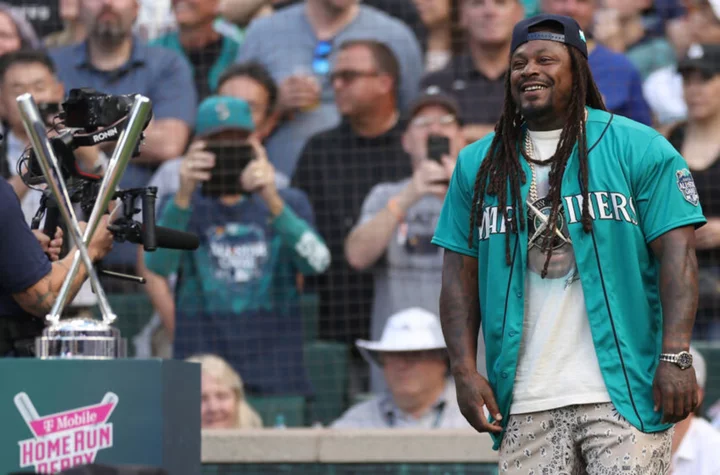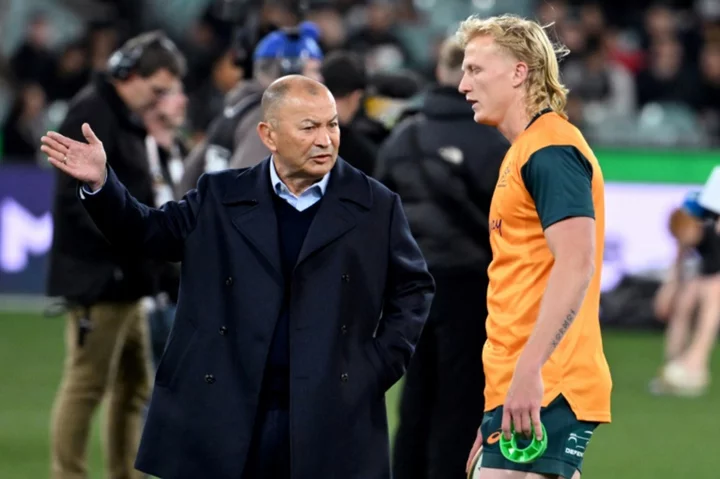The addition of the pitch clock came with serious resistance. At the beginning of the season, many baseball fans didn't want new rules to be brought in, changing the landscape of America's pastime.
But, after a successful regular season that saw players adapt with the new rules, the pitch clock appears to be here to stay. Yes, that means for the 2023 MLB postseason as well.
What are the 2023 MLB postseason pitch clock rules?
To put it simply, the rules will remain the exact same. Let's break that down further, to make sure everybody is on the same page with these rules.
With the bases empty, the pitcher has 15 seconds from the time he receives the ball to deliver the pitch. If he doesn't, the batter will be awarded a ball.
With runners on base, the pitcher will have 20 seconds to deliver the pitch or else the batter will be awarded a ball.
For the hitter, the rules also remain the same. The batter must be in the box, attentive, by the time the clock has eight seconds remaining. If he isn't, the pitcher will be given a strike on the batter.
For the last few years, postseason baseball games have averaged over three and a half hours. The pitch clock rules will aim to move this game time closer to two hours and forty-five minutes, which was the average time for a game during the 2023 season.
MLB pitch clock, explained
Baseball is more popular than it's been in recent years. This could, in part, be due to the pitch clock rules helping speed up games. The limit of disengagements have also added to the aggressiveness on the base paths, which also adds to the excitement.
All in all, the pitch clock has been good for baseball, barring any newfound correlation to arm injuries for pitchers. Adding it to the postseason will likely help viewership and pace of play on the biggest stage of the game.









